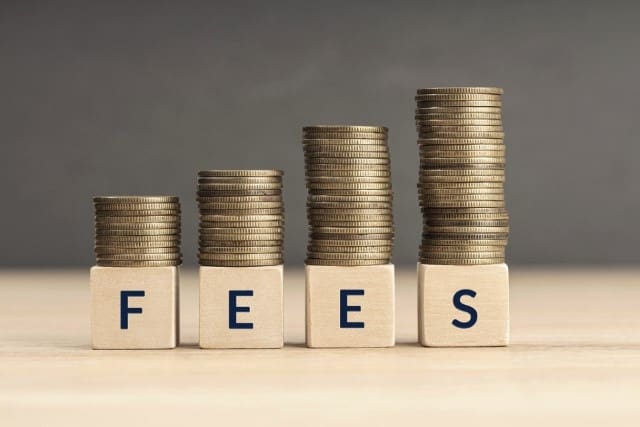Buying a home is a major milestone and often one of the biggest investments people make in their lifetime. While many prospective homeowners focus on the price of the property itself, there are numerous additional expenses that can significantly increase the overall cost. Ignoring these hidden costs can lead to financial strain down the road and may even impact your ability to enjoy your new home. By understanding these hidden costs upfront, buyers can better prepare their finances and make informed decisions. This guide will explore the often-overlooked expenses associated with purchasing a home, helping you budget effectively and avoid unpleasant surprises.
Closing Costs and Fees
Closing costs are often underestimated by first-time homebuyers and can add up quickly. These expenses typically include fees for appraisals, inspections, title insurance, and loan origination. Additionally, you may encounter fees for document preparation, attorney services, and escrow. Closing costs can range from 2% to 5% of the home’s purchase price, which can be a substantial sum depending on the property’s value. It’s crucial to factor these costs into your budget to avoid unexpected financial pressure at closing.
Home Inspection and Appraisal Fees

Though not always mandatory, home inspections and appraisals are essential steps in the home-buying process. A home inspection can reveal potential issues with the property that may require costly repairs, while an appraisal determines the home’s market value. These services typically cost between $300 and $600, though prices may vary based on location and property size. While it may be tempting to skip these steps to save money, doing so can lead to much higher expenses down the line if significant issues are discovered after purchase.
Property Taxes and Homeowners Insurance
Property taxes and homeowners insurance are recurring expenses that buyers need to account for. Property taxes vary by location and are usually based on the home’s assessed value. Homeowners insurance, on the other hand, protects against damages and potential liabilities but can also vary in cost depending on factors like location, coverage level, and home characteristics. Together, these costs can add hundreds or even thousands to your monthly mortgage payments. Researching local tax rates and insurance premiums ahead of time can help you accurately estimate these long-term expenses.
Homeowners Association (HOA) Fees
For homes within communities managed by a homeowners association (HOA), monthly or annual HOA fees are another expense to consider. These fees cover shared amenities and maintenance costs, but they can be quite high, especially in neighborhoods with premium amenities like pools, gyms, and landscaping services. HOA fees can range from a few hundred to several thousand dollars per year, depending on the community’s amenities and management. Before committing to a home, ensure you understand the HOA fees and what they cover, as this will directly impact your ongoing budget.
Maintenance and Repair Costs

Maintaining a home is a significant and often overlooked expense. Unlike renting, where landlords handle repairs, homeowners bear the responsibility for maintaining the property. This includes regular upkeep, such as HVAC servicing, plumbing, and roof maintenance, which can add up over time. Experts recommend setting aside 1% to 3% of the home’s value annually for maintenance and repairs. Having a separate budget for these costs will help you avoid financial stress when unexpected repairs arise, allowing you to enjoy your home without worry.
Moving Expenses and Utility Setup
Moving costs can also be substantial, especially if you’re relocating long-distance or hiring professional movers. Additionally, there are fees for setting up utilities, such as electricity, water, and internet, which may require deposits or installation charges. Moving expenses vary based on factors like distance, the amount of belongings, and the level of service required. Budgeting for these initial costs will help you settle into your new home smoothly without unexpected expenses straining your finances right after the purchase.
Conclusion
Buying a home comes with many hidden costs beyond the purchase price, from closing fees and property taxes to ongoing maintenance and unexpected repairs. By planning for these expenses, prospective homeowners can avoid financial strain and fully enjoy the experience of homeownership. Budgeting for these hidden costs ensures you’re prepared for both the initial and long-term financial commitments of owning a home. Remember, a well-prepared buyer is a happier homeowner, so take time to budget carefully and enter your home with confidence.
#HomeBuying #HiddenCosts #RealEstateTips #HomeOwnership #Budgeting

For a copy of our home buying process, please fill out the form on this page. The guide will be emailed immediately.
If you are looking for assistance in the metro Atlanta area, please reach out to us. We would love the opportunity to help you with your home purchase or sale.
If you are in another part of the country, we may be able to refer you to an agent in your market.
